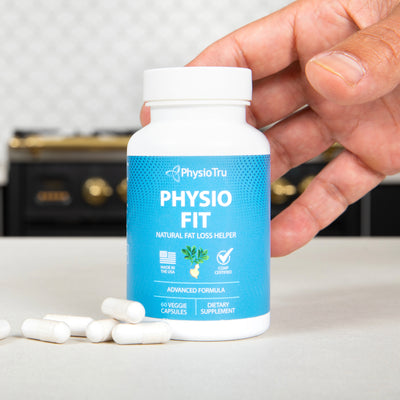COVID-19 And Heart Damage

Coronaviruses, including the novel coronavirus that causes COVID-19, cause severe and often fatal respiratory infections in humans. The impact of the seven coronaviruses that affect humans — including novel coronavirus, SARS-CoV2, MERS-CoV, and SARS-CoV — has been well understood. Scientists working through the current pandemic are increasingly coming to understand the viruses' impact on the heart, as well.
Data from some of the hardest-hit regions of the pandemic — including New York, Washington state, Italy, and China — indicates that many COVID-19 patients are dying as a result of heart attacks rather than respiratory issues. Most puzzling is that some of those patients with COVID-19 are dying of heart attacks without any respiratory symptoms.
One study shows cardiac damage leading to heart failure and death in up to 20% of COVID-19 patients. It's understood that COVID-19 attaches to receptors in the lungs. The cardiac-related data suggests to cardiologist Dr. Robert Bonow of Northwestern University School of Medicine that the same receptors are found in heart muscle tissue, too.
A study of 416 hospitalized patients in China found signs of heart damage in 19% of those patients. Fifty-one percent of COVID-19 patients with heart issues died, compared to just 4.5% of COVID-19 patients without heart damage.
The extent of cardiac issues leading to death in COVID-19 patients suggests doctors responding to the pandemic are facing (at least) a two-front battle: a respiratory one, and a cardiac one. What is unclear to researchers is whether heart damage seen in COVID-19 patients is caused by the novel coronavirus itself, or whether that heart damage is "a byproduct of the body's reaction to it."
Dr. Ulrich Jorde of the Montefiore Health System in New York City told Kaiser Health News that closer monitoring of cardiac markers in COVID-19 patients in pandemic hot spots will help identify risk factors for heart-related COVID-19 symptoms. Gathered data is being made available to the medical community immediately through the Journal of the American College of Cardiology.
Blog post
Give your customers a summary of your blog post




